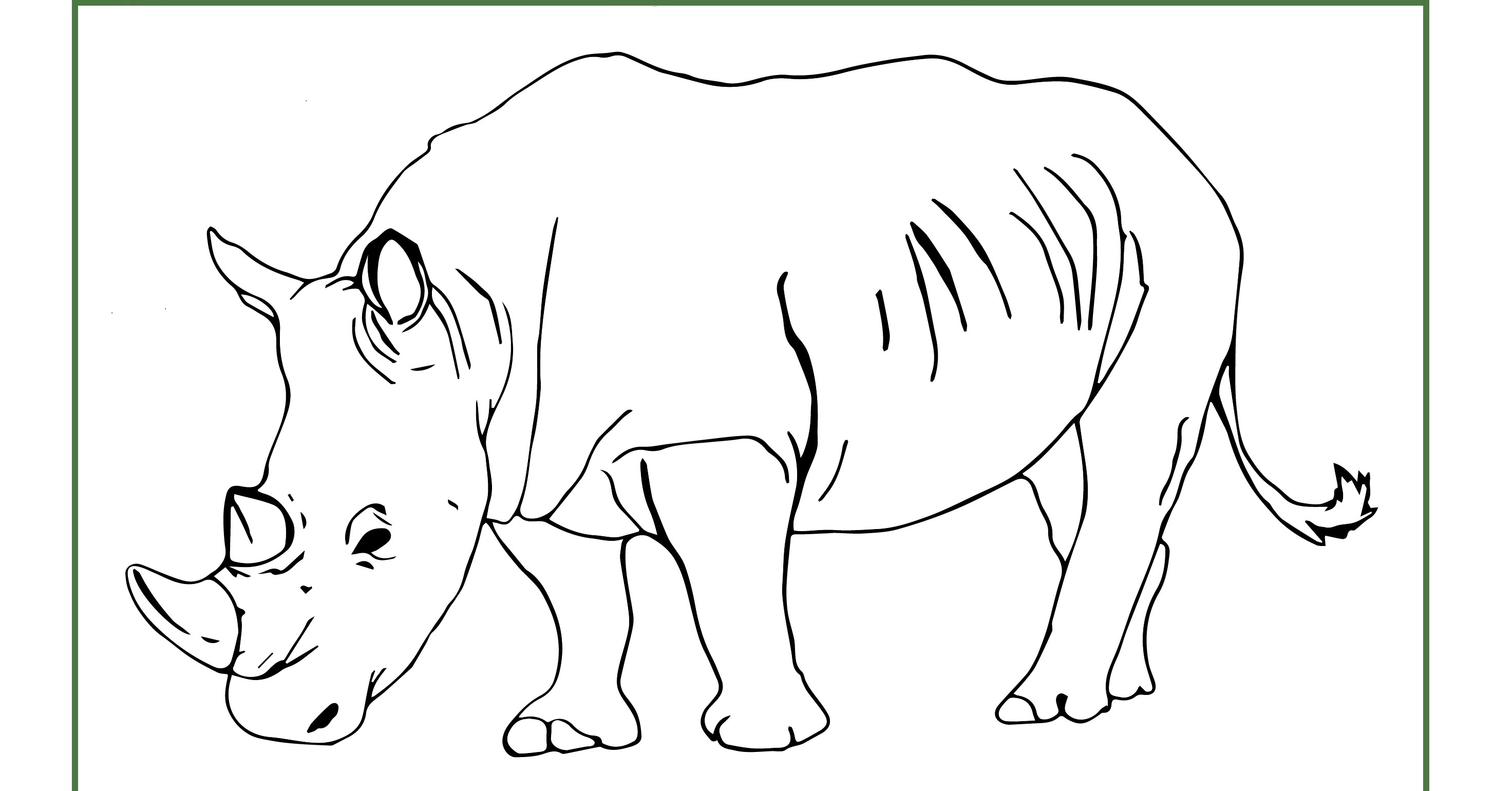
Description:
The name white rhino is actually not correct. It stems from a wrong spelling of the word wide, which means wide. The African word wyd was then mistaken for the word white. Because of this, it is called the white rhino instead of a broad lip rhino.
Weight: 1800 – 2500 Kg.
Population: About in between 17.200 – 18.900 white rhinos.
Living area: South Africa, Botswana, Kenya, Namibia, Swaziland, Zambia, Zimbabwe & Uganda.
Habitat: Tropical and subtropical grasslands, savannas & mountain grasslands.
Organic name: Ceratotherium simum.
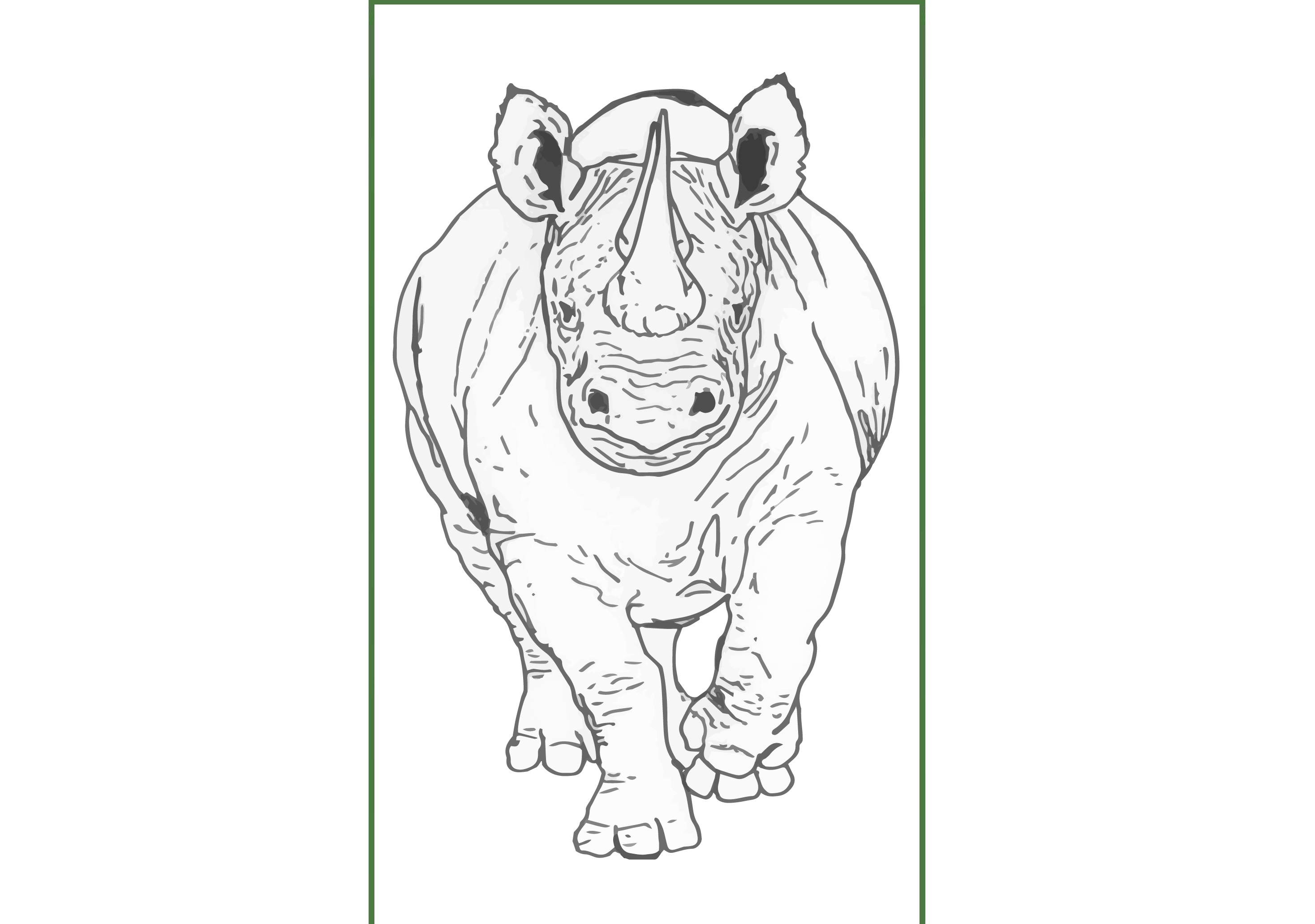
Description: The smaller species of the two African rhino species.
Weight: 900 – 1350 Kg.
Populatie: Approximately between 5360 - 5630 black rhinos.
Living area: Zuid-Afrika, Botswana, Kenia, Namibië, Swaziland, Zambia, Zimbabwe & Tanzania.
Habitat: Tropical and subtropical grasslands, savannas, mountain grasslands & desert areas.
Organic name: Diceros bicornis
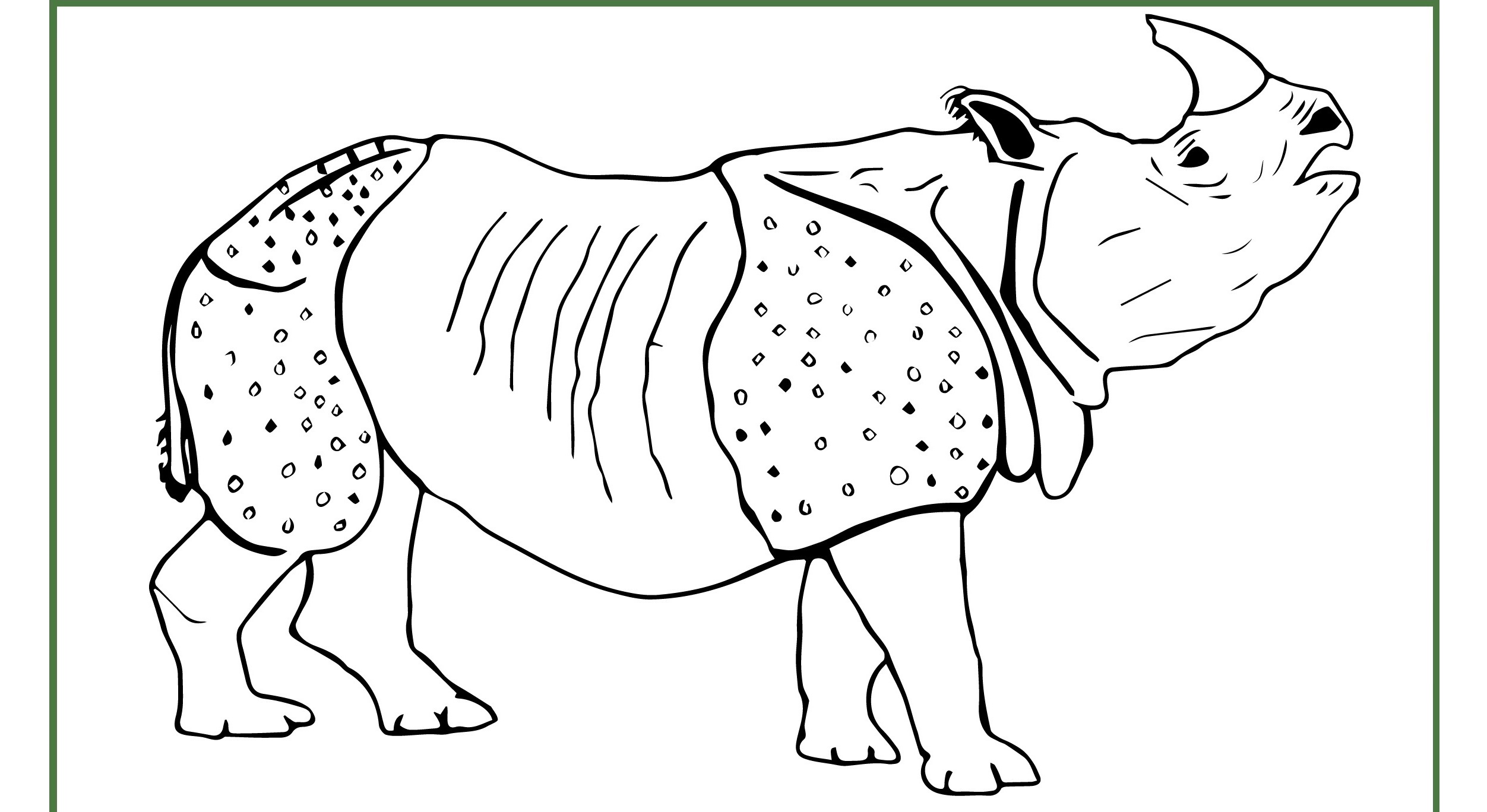
Description: The greater one-horned rhino is also called armor rhino because of its thick armored skin. The greater one-horned rhino only has 1 horn.
Weight: 1800 – 2500 Kg.
Populatie: About 3500 greater one-horned rhinos, (almost extinct in the early 20th century)
Living area: Nepal & India
Habitat:
Tropical and subtropical grasslands, marshes, savannas & mountain grasslands.
Organic name: Rhinoceros Unicornis
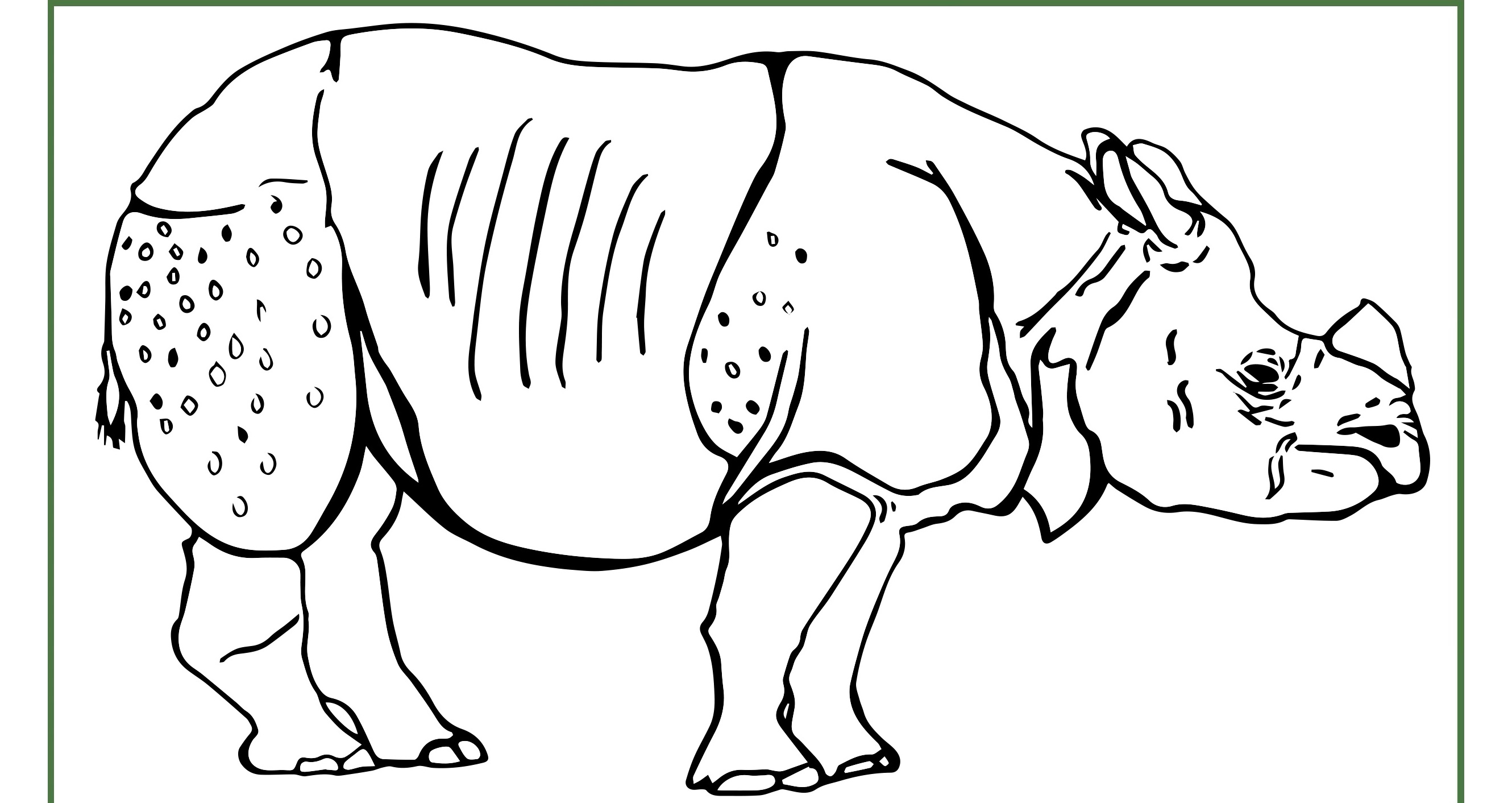
Description: The Javan rhino is the smaller version of the Indian rhino.
Weight: 900 – 2300 Kg.
Populatie: Arround 60.
Living area: Java (Indonesia), recently (2011) extinct in Vietnam.
Habitat: Tropical and subtropical grasslands, broad-leaved tree areas.
Organic name: Rhinoceros Sondaicus
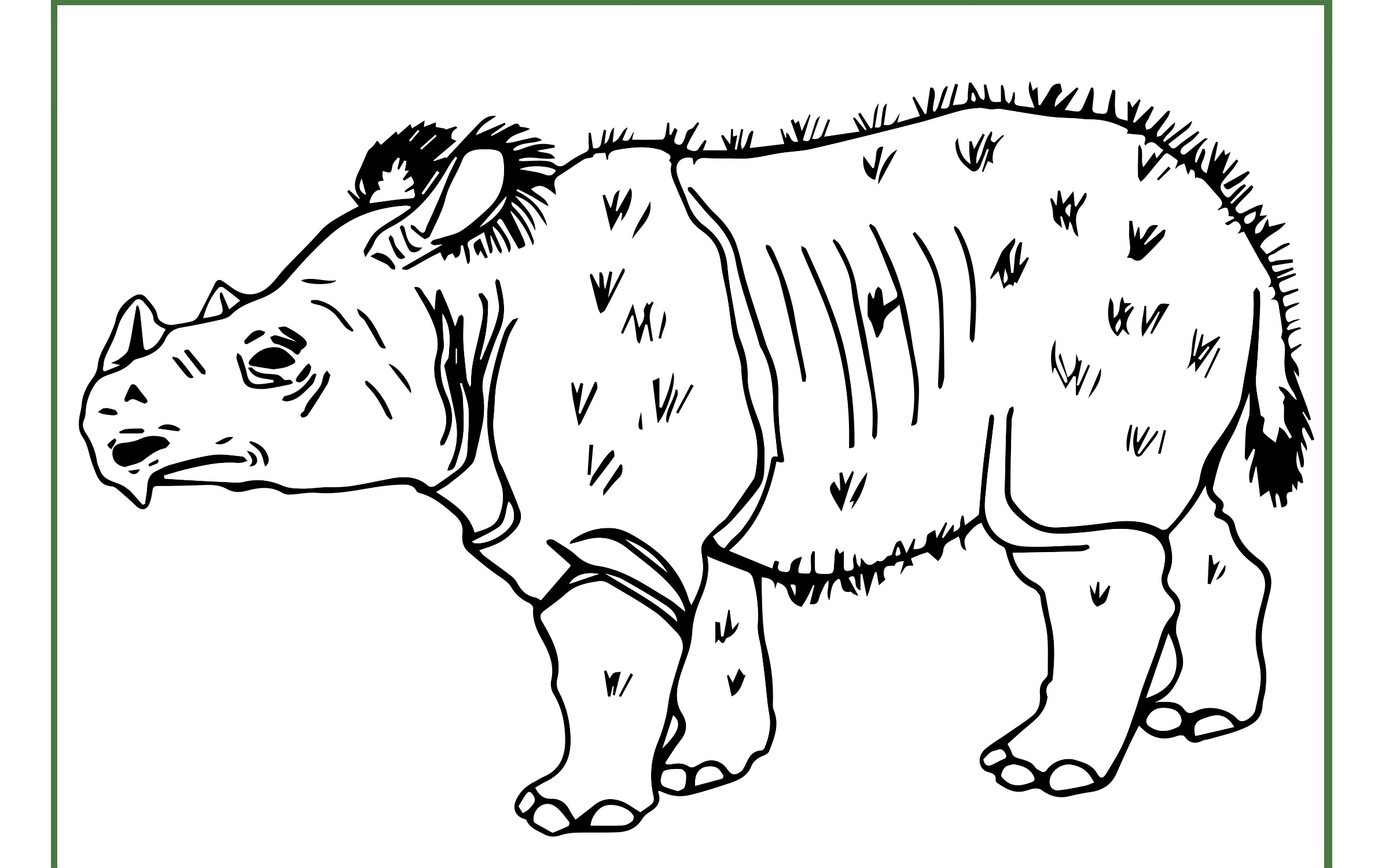
Description: The Sumatran rhino is seen as the most primitive rhino species, mainly because of the hairy skin and prehistoric appearance. The Sumatran rhino is the closest living relative of the woolly rhino that lived in the ice age.
Weight: 500 – 960 Kg.
Populatie: Less then 80.
Living area: Sumatra (Indonesia) Sabah (Malaysia)
Habitat: Dense bushes, subtropical and tropical rainforest.
Organic name: Dicerorhinus sumatrensis
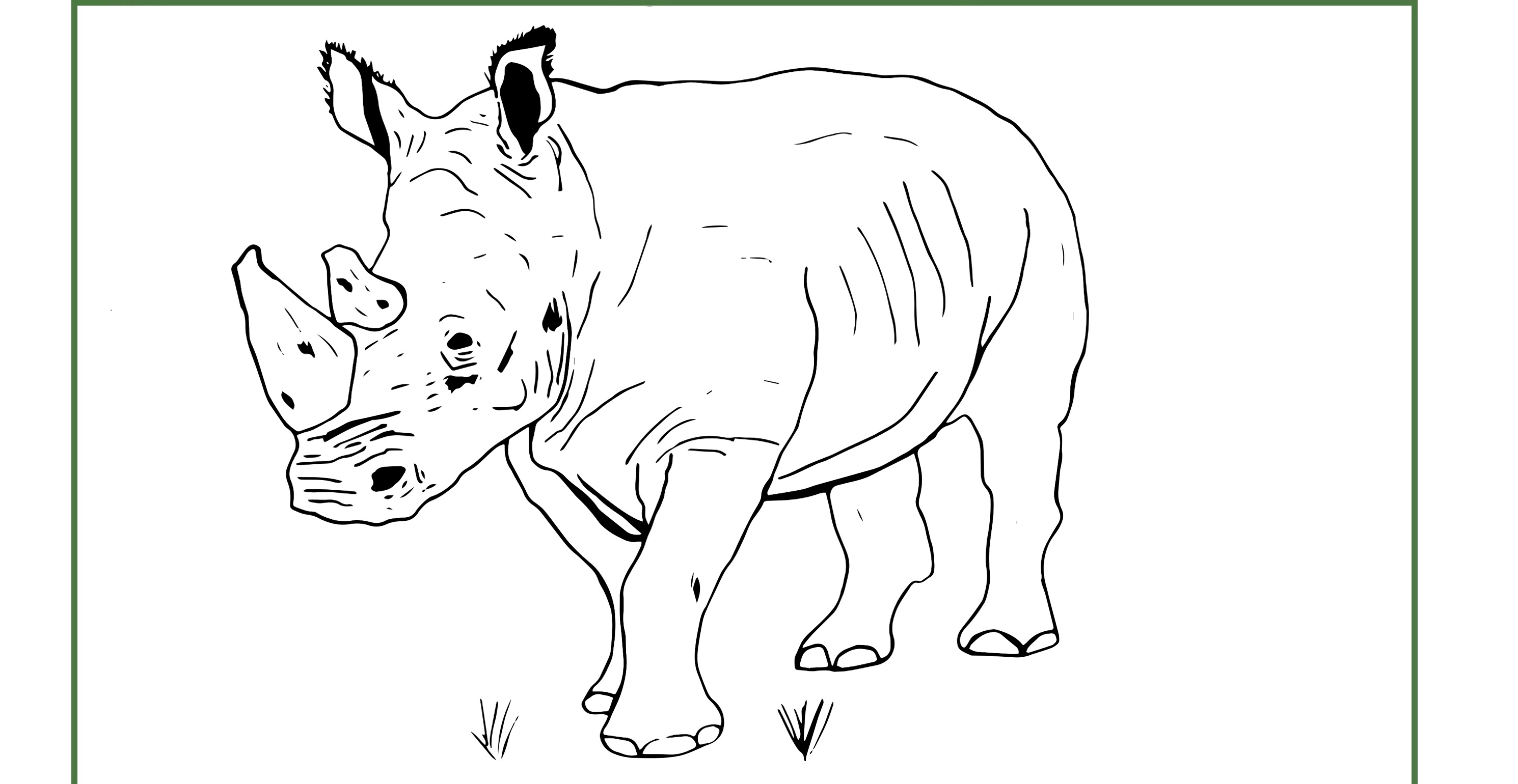
Weight: 1700 - 2400 Kg.
Population: 2 , there are only two more females left in the Ol Pejeta reserve in Kenya.
Living area: Kenia.
Habitat: Tropical and subtropical grasslands, savannas & mountain grasslands.
Organic name: Ceratotherium simum cottoni.